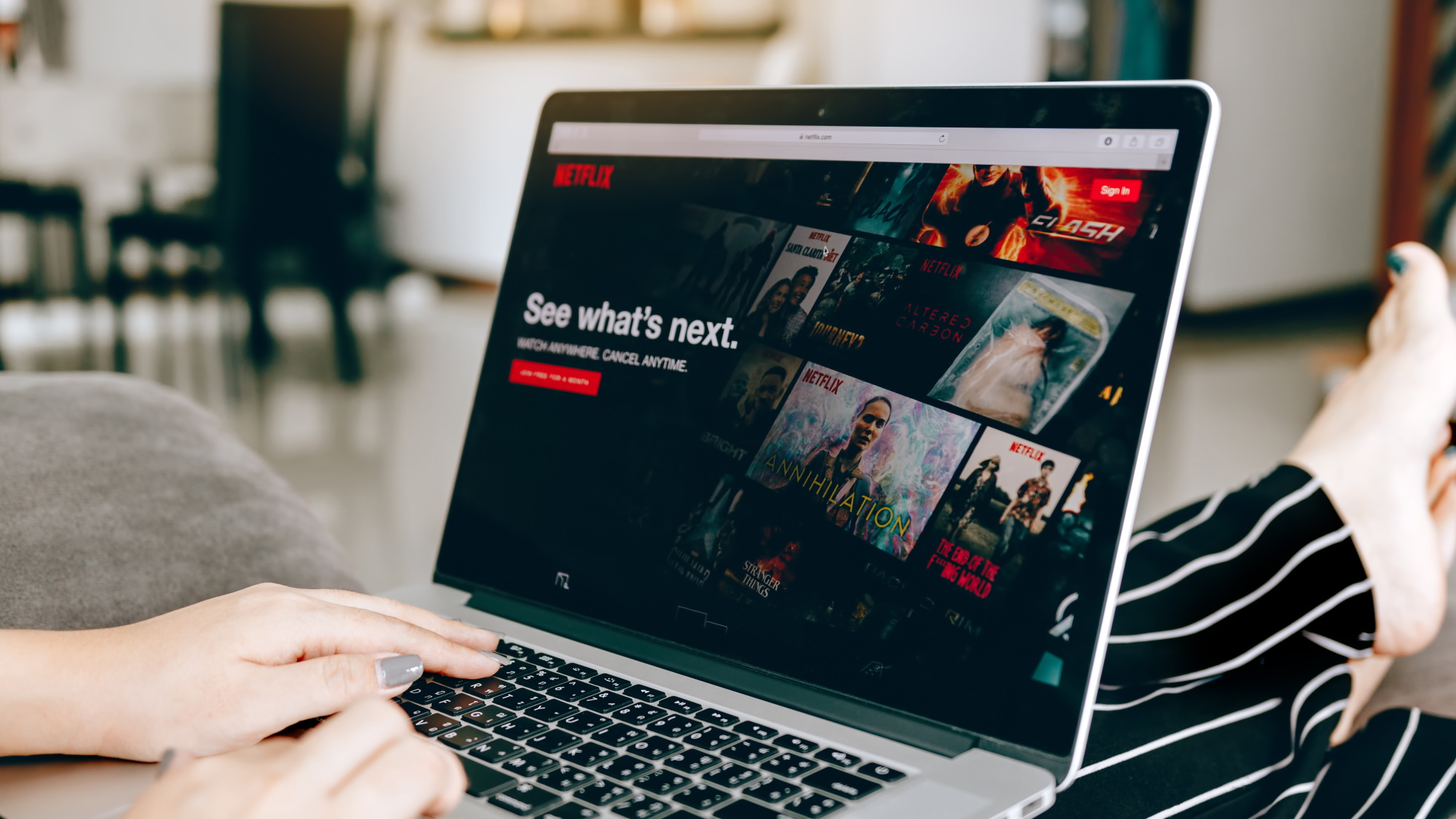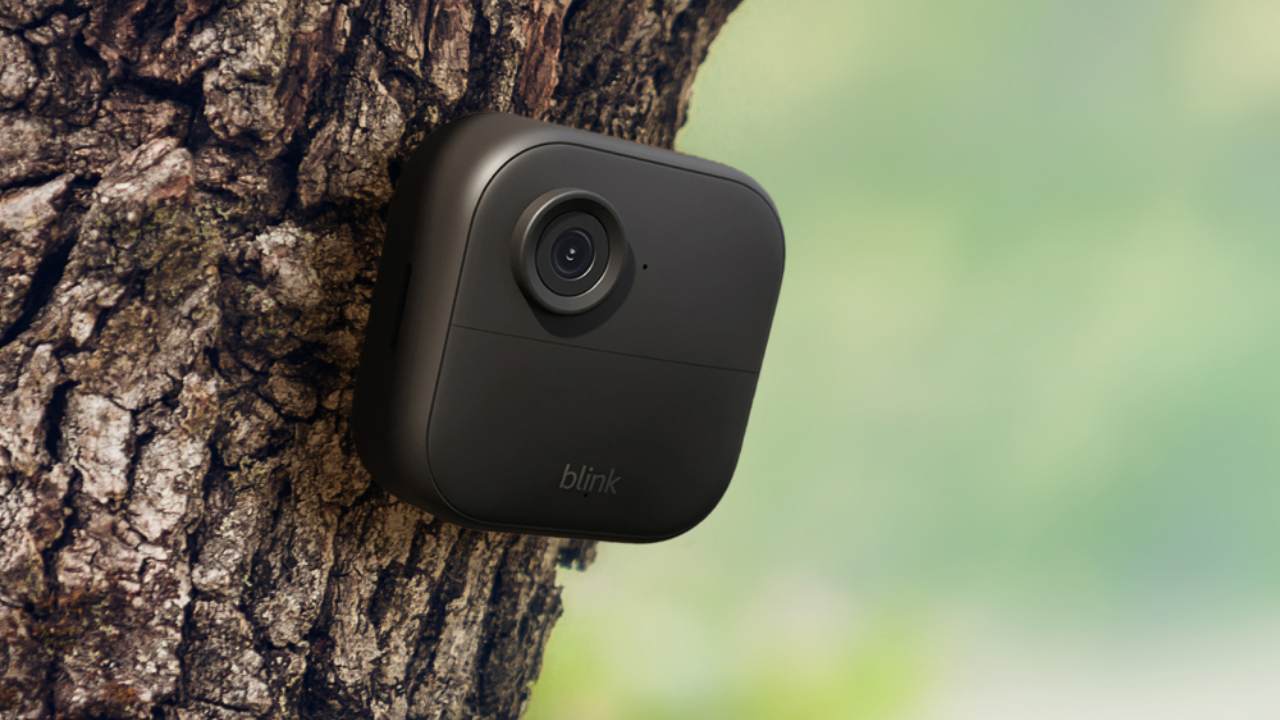
I think we all assumed that at some point Netflix would start to crack down on account sharing. Now, there's news that Netflix plans to stop you sharing your password with friends and that's a bad move. In the past it has been pretty relaxed, suggesting that people who give their login to friends or family were generally not considered a problem for the company. It does, technically, require that people using an account live together, but it has also historically sold accounts based on the number of simultaneous streams.
In some ways, this was inevitable. Netflix now has 200 million paying customers and has grown every year for some time. But the company knows this won’t last forever and the shareholders will eventually start asking how to increase profits as growth slows. One way is to cut off shared subscriptions and force people to get their own account.
Of course this is fine if people can afford it. Some share Netflix accounts simply because it’s really easy and the company hasn’t done much to stop it. On the flip side, there are some people who would struggle to pay Netflix’ ever-increasing subscription fee. That means that cutting them off won’t necessarily result in more subscriptions, just fewer viewers. Recent price increases have made Netflix comparatively more expensive than any other streaming service without necessarily offering more than, say, Amazon Prime Video or Disney+. Indeed, I’ve recently argued that Disney+ with the addition of Star (or Hulu in the US) is a more compelling offer for movie lovers.
- Here's when Nintendo Switch Pro is coming out
- Disney Plus and Netflix in the firing line as NOW TV upgrades itself
- LG CX and BX OLED TVs get important PS5 & Xbox Series X update
The other problem is that, increasingly, families are not quite as they once were. Could I, for example, share my Netflix login with a theoretical stepdaughter if we didn’t live in the same house. What about my kids who split their time between my house and their mother’s? Obviously the answer to that is “yes, of course” but Netflix seems to be pushing a solution that notionally expects you to be able to respond to a sort of two-factor challenge. It will text or email you a code to enter to prove you’re the account holder.
And of course all of these preventative measures are basically pointless anyway, as you could share an email account with those people too. So if they got asked for an emailed code, they would be able to get it from your email.
While I don’t condone downloading illegally, there’s a fine line here that both Netflix and Amazon are treading. I recently wrote about how Amazon was annoying me with its self-promoting ads between episodes and one response on Reddit to this same problem was, “I torrented the show and there are no ads”. The more streaming companies erect these barriers between viewers and the shows the more people will be inclined to find other ways to watch things.
That could be making a decision to live without a show on Netflix. Or, perhaps just subscribing to the service for a month here and there and then moving on to the next service. This is already a big risk if you’re finding the number of streaming services quite overwhelming.
Sign up to the T3 newsletter for smarter living straight to your inbox
Get all the latest news, reviews, deals and buying guides on gorgeous tech, home and active products from the T3 experts
However you look at it, Netflix is an expensive option compared to many others. It, perhaps more than most, has to be the most careful about customer churn. It’s not backed by a major studio, nor is it a diverse business. One wrong move, and it could put people off and I speak as someone who has subscribed since day one of the UK launch and even I’m considering my future with Netflix.
Ian has been involved in technology journalism since 2007, originally writing about AV hardware back when LCDs and plasma TVs were just gaining popularity. Nearly 15 years on, he remains as excited about how tech can make your life better.

